Phrases like “skibidi” and “six seven” echo through Carrollton classrooms as brain rot culture grows. These phrases come from apps online. While most students see it as fun and social, many adults are concerned about its effect on learning and mental health.
Brainrot is “what happens when you consume too much low-quality online content, which is like junk food for your brain.”
And many kids are doing just that.
“I worry about it every day,” said Mr. Hermelee, intermediate social studies teacher and coach at Carrollton. “I get worried that [students] are a little bit too obsessed with it and watch it too much while they’re at home.”
So, how much time are students really spending watching this kind of content? According to a recent poll of 84 seventh and eighth grade students, 27.4% watch low-quality content on their phones for three or more hours a day.
This amount of screen time has experts worried about the growing impact of brain rot on kids’ mental and academic health.
They believe brain rot is becoming a real problem for kids as it harms their focus, learning, and mental health. According to Nexus Health Systems, “Excessive exposure to brain rot content can lead to poor sleep, lower grades, and symptoms of depression or anxiety.” This happens because constant scrolling can overwhelm the brain and increase stress, making people feel anxious or down.
With access to apps like TikTok, YouTube, Roblox, and Instagram, many students get sucked into watching brain rot for hours.
“I spend about six to seven hours a day doomscrolling online, and it affects me mentally and emotionally,” said Paola Cordoves ‘31, who then realized she’d referenced the brain rot meme, six seven. She also noted that it negatively impacts her in school. “Using brain rot in class changes my focus, and it makes it hard for me to concentrate when everyone is shouting [these phrases],” she said.
She also thinks brain rot negatively impacts relationships. “Brain rot makes serious conversations harder because it’s not a serious topic,” she said. It’s just a mindset many kids these days have.”
However, some see brain rot in a different light. They believe it is a way of communicating with shared culture and vocabulary even though adults don’t always understand it.
“Brain rot slang helps build community because we share the same phrases and jokes, which helps us connect and grow together,” said Nathalie Rosso ‘31.





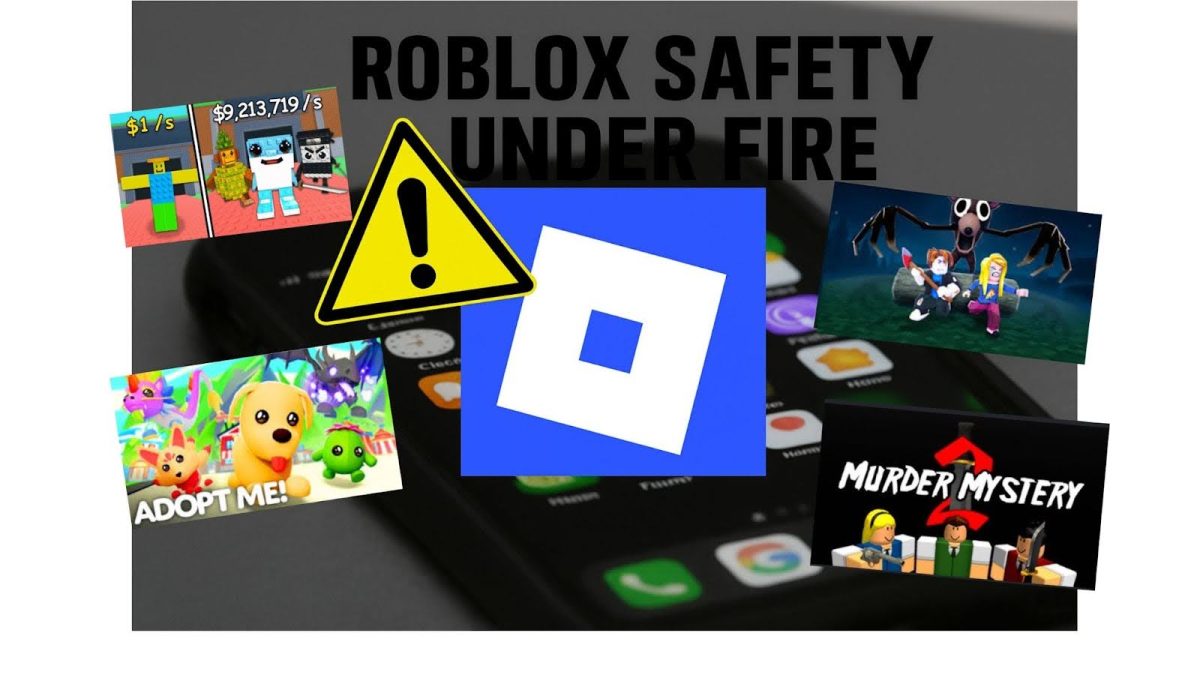












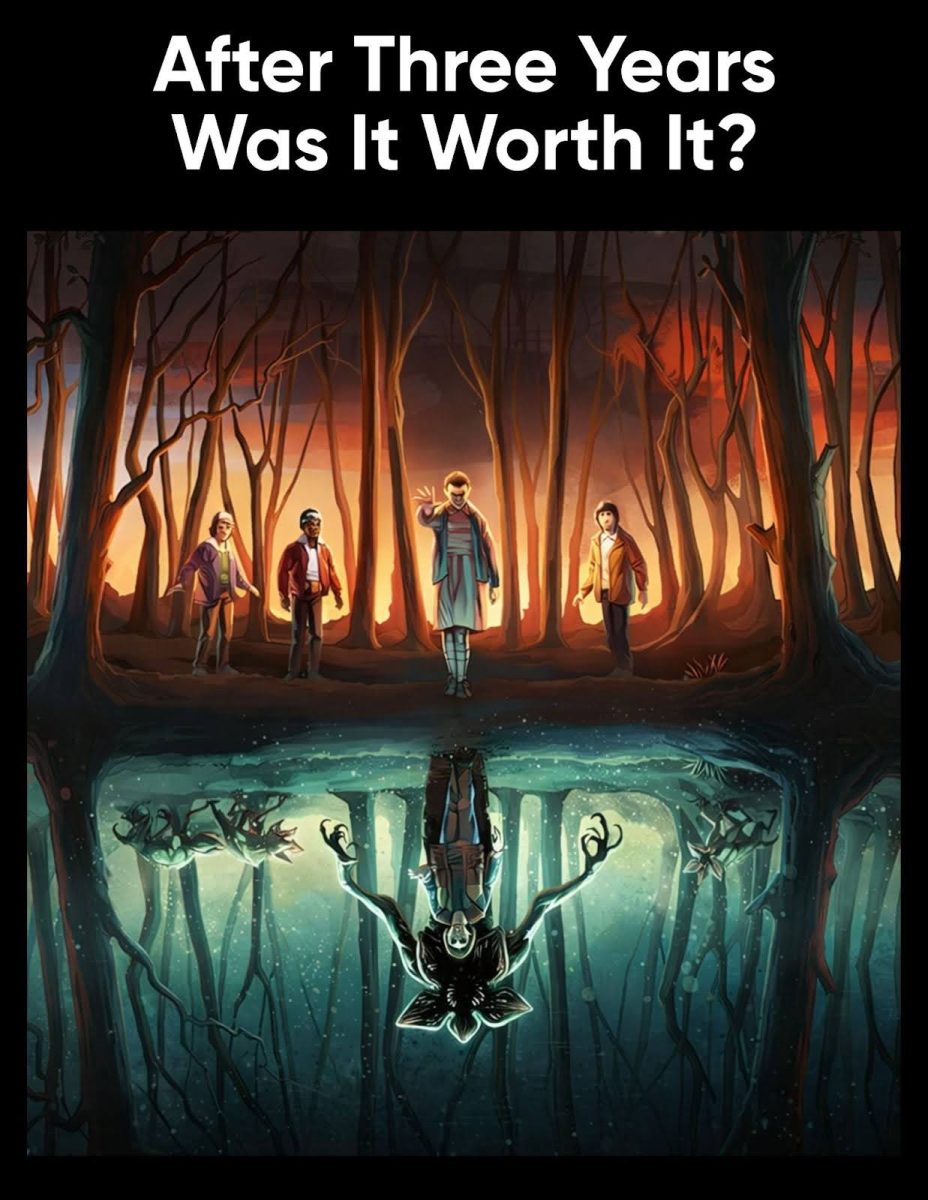





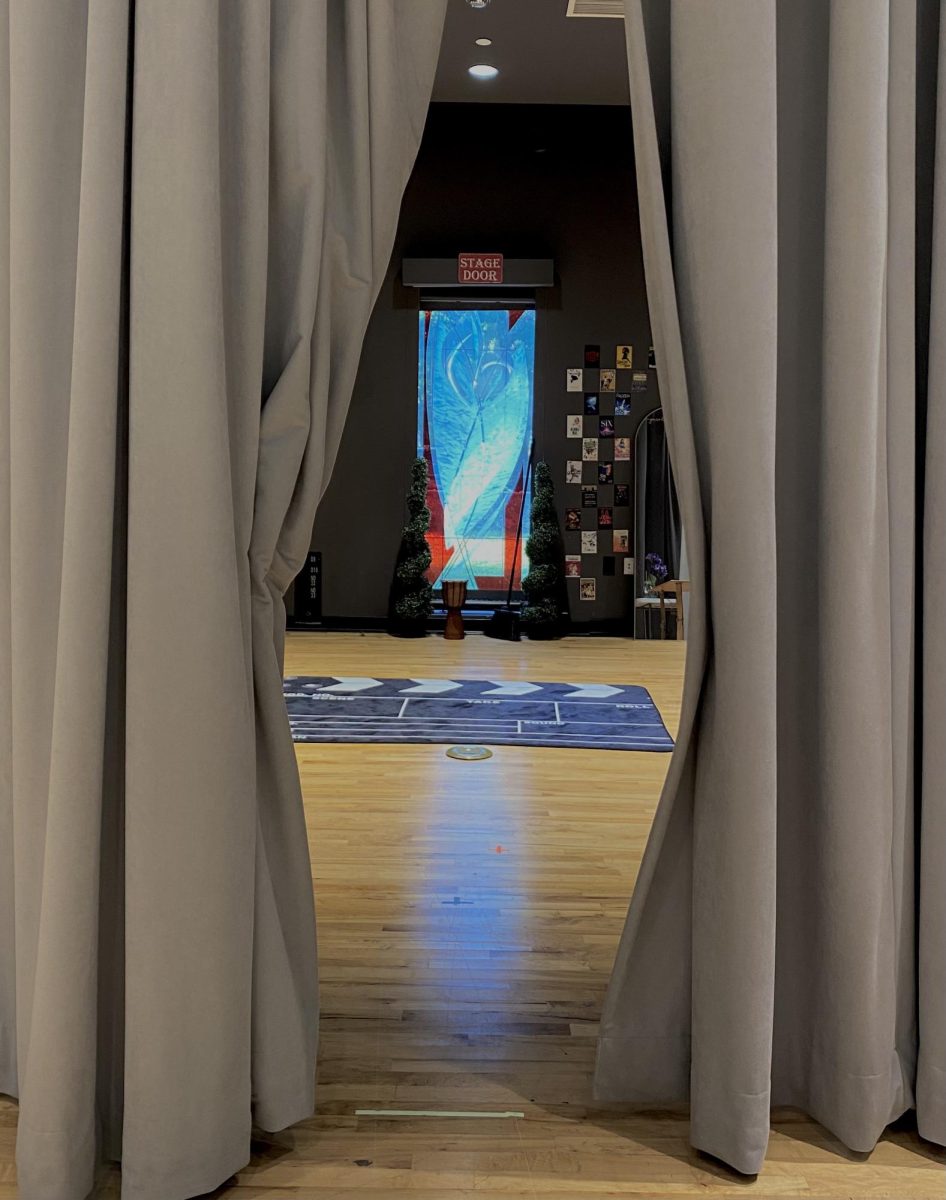




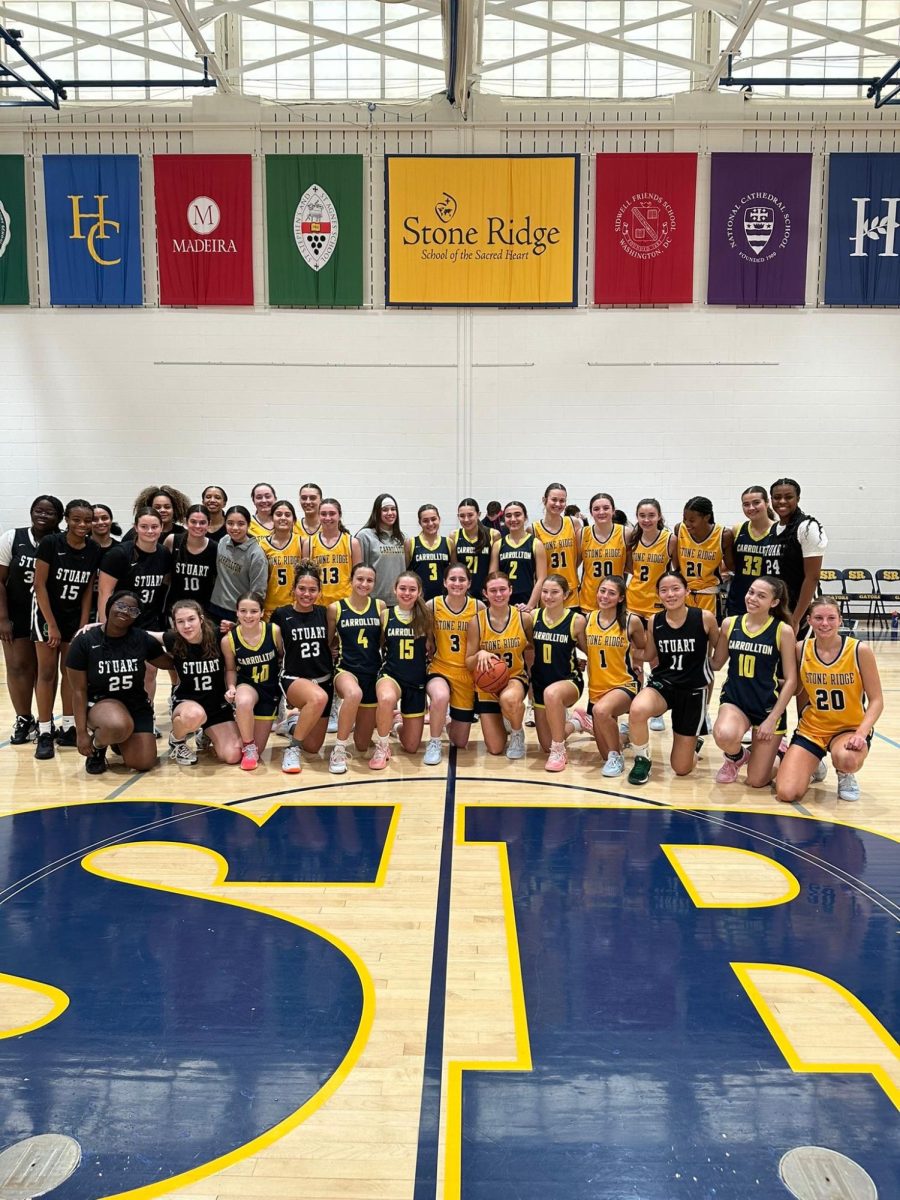

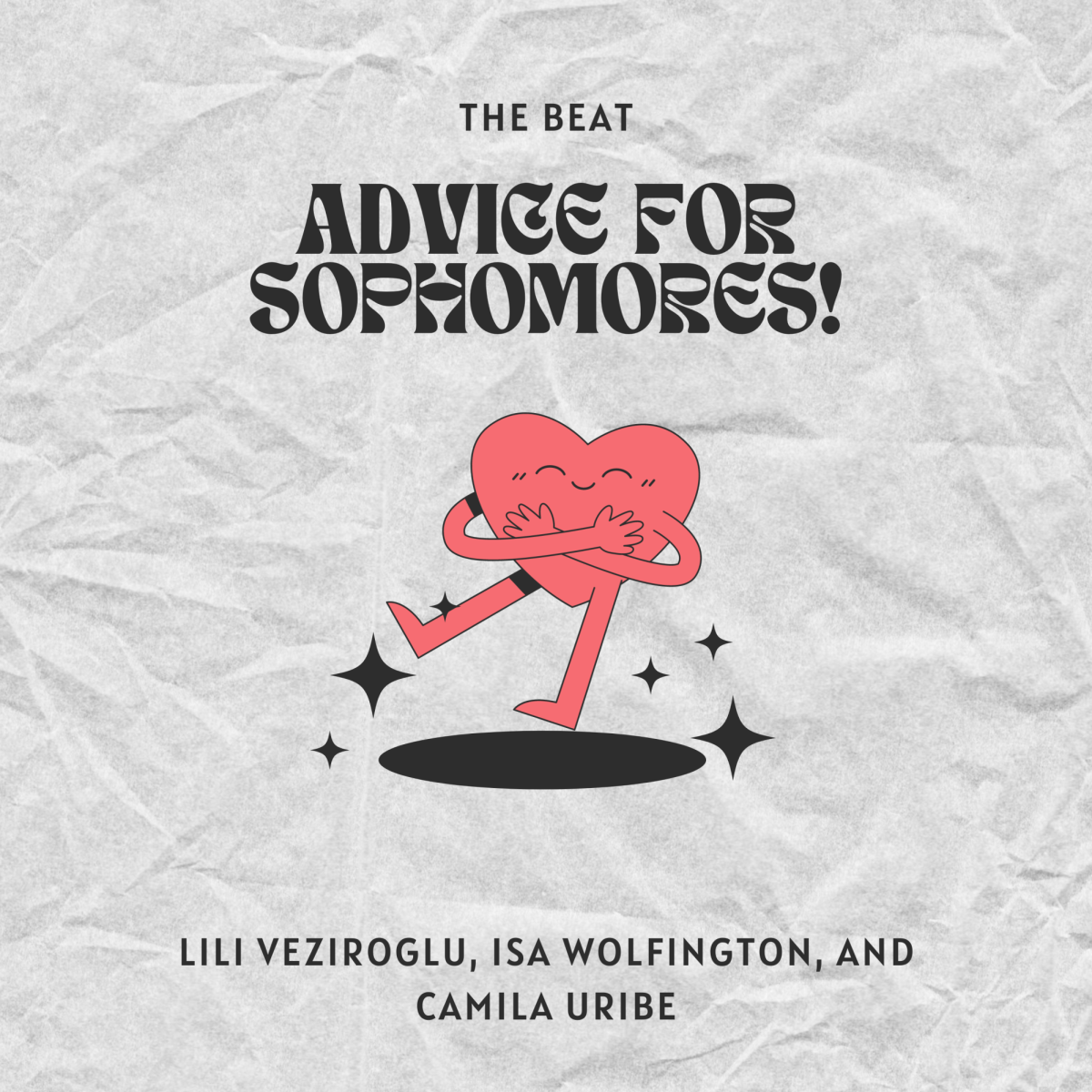



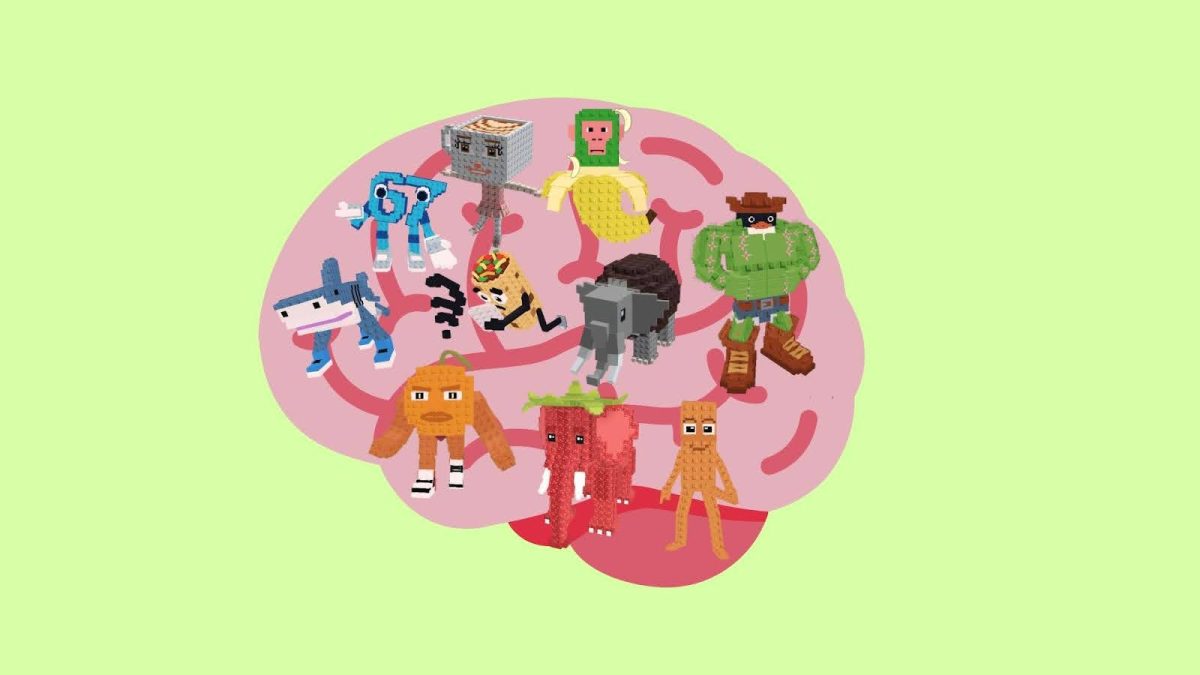

Michella Siveroni • Oct 22, 2025 at 12:09 pm
Love this article!!
Mrs. Scott • Oct 22, 2025 at 10:59 am
Excellent articles, ladies, and very timely! Thank you for sharing this information with the Carrollton community. Students, take heed!
champa rice • Oct 22, 2025 at 10:48 am
six seven
Gabriella Bodoh • Oct 22, 2025 at 9:25 am
Great job guys! This is very intesting and educational.
Clementina Ratafia • Oct 22, 2025 at 7:35 am
Please keep up this great work Gia and Pao! This was such a insigthful article that only took me 6-7 minutes to finish. Star Students!
Ines • Oct 28, 2025 at 10:24 am
It actually took me about 4-1 minutes
Clementina Ratafia • Oct 21, 2025 at 9:02 pm
Wow! Im so impressed with this wonderful article by Gia and Pao! You both are an inspiration to all things brainrot. Keep up the great work!
Clementina Ratafia • Oct 21, 2025 at 8:59 pm
They should make a class about brainrot because then we’d all get straight A’s
Gabriella Bodoh • Oct 22, 2025 at 9:51 am
yes!!!!!
Destiny • Oct 21, 2025 at 7:43 pm
Wow great article! i think there are some pros and cons here though but overall really good!
veronica carolan • Oct 21, 2025 at 4:16 pm
love this one
Ale Yu • Oct 21, 2025 at 2:04 pm
Such a educational arcticle!
Clementina Ratafia • Oct 21, 2025 at 4:05 pm
Truly!!
Alex Prado • Oct 21, 2025 at 12:25 pm
Very insightful!